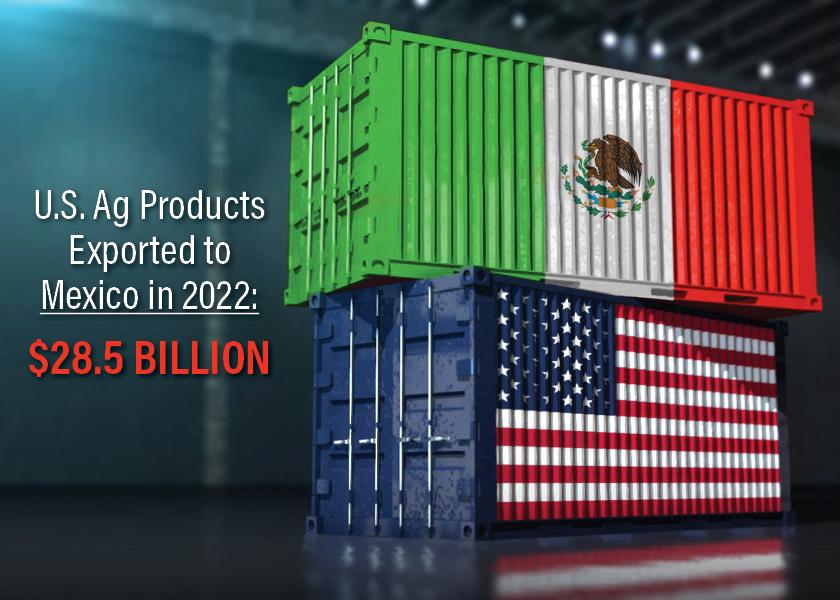USTR Comments on USMCA Meetings

During a bilateral meeting on Thursday, U.S. Trade Representative (USTR) Katherine Tai discussed with Mexico's Secretary of Economy Tatiana Clouthier various issues concerning energy and biotech corn.
According to the Office of the USTR, Tai highlighted concerns about the recent upsurge of steel and aluminum imports from Mexico into the U.S. Further, the regulatory uncertainties confronted by American electronic payment service providers operating in Mexico, and Mexico's telecommunications spectrum fee method were also issues that were discussed.
Tai said that trade dispute settlement consultations over GMO corn that the U.S. requested in June began with Mexico last week.
Mexico’s Health Ministry on Monday published a draft proposal to modify the Official Mexican Standard (NOM) that governs products made from masa, or corn dough. The proposal is part of an overall federal government effort to stop Mexicans from eating white GMO corn imports, most of which comes from the U.S.
“The use of genetically modified corn as a raw material must be avoided in the making of the products covered by this Mexican Official Standard,” states the document.
Interested parties have 30 days to comment on the proposal, after which the government could publish a modified NOM in its official gazette that bans the use of GM corn in tortillas. The modified NOM would take effect 60 days after publication. The National Chamber of Industrialized Corn (Canami) said that the proposed measure “creates restrictions on international trade and members of the International Trade Organization must be notified.”
Canami also said that the costs of laboratory tests to determine whether corn is GMO or not aren’t being considered. The chamber said that those costs could cause their members to record net losses.
The Health Ministry’s publication came just over a week after the federal government imposed a 50% tariff on white corn imports to limit human consumption of GMO corn. The tariff, which ends access to white corn imports, is scheduled to remain in force until Dec. 31, 2023, after which Mexico intends to ban the importation of GMO corn for human consumption. A ban on GMO corn for animal feed is slated to come in at an unspecified later date, depending on supply.
What's Next with Mexico and the U.S. in GMO Corn
Despite the contentious nature of these topics, Tai remains hopeful of solutions. She affirmed to reporters that the U.S. has noted some progress in negotiations about energy with Mexico, expressing optimism that the dispute would eventually be resolved.
In a second readout, USTR said Tai discussed the disputes over Mexico’s energy and biotech corn policies with Canadian Trade Minister Mary Ng. Tai also underscored the need for Canada to fully meet its USMCA commitments, including dairy and home shopping, and urged Canada to refrain from imposing a digital services tax.
Of note: The latest Commerce Department report shows the U.S. trade deficit with Mexico rose to a record $14.1 billion in May.







